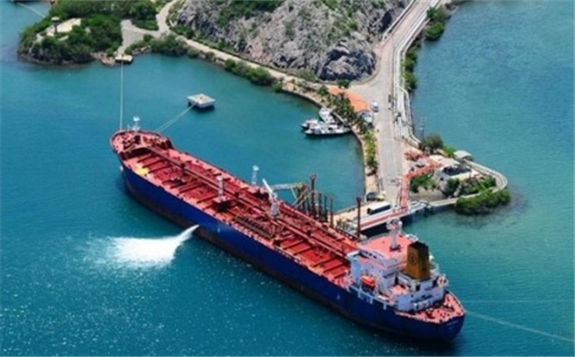Venezuela is preparing to ramp up its crude oil production using diluents imported from Iran, citing unnamed sources and company documents.

State-owned oil company PDVSA produced just 336,000 bpd of crude last month, company documents showed, down from almost triple that a year earlier, as U.S. sanctions and the long-term deterioration of the industry stifled it. U.S. sanctions also significantly reduced the number of parties willing to buy Venezuelan crude and ship owners willing to provide the transport for this crude.
Yet besides the most obvious effects of the sanctions, they have also cost Venezuela its diluent supply. Lack of diluents for the superheavy crude in the Orinoco Belt was one of the main contributing factors to the slump in production, as Venezuela used to import most of its diluents from the United States.
Now, Iran has stepped in to help with this as well, after sending professionals to Venezuela to help it repair its ailing refineries. Now, it is sending to Venezuelan the superlight crude grade known as condensate to blend it with the heavy crude and produce exportable grades of crude oil. According to TankerTrackers.com, the vessel that delivered the condensate was Iranian-flagged.
Venezuela has been struggling with major gasoline shortages because of the slump in production. It has also seen delays in crude oil deliveries because of quality problems with its Merey blend, Reuters also reported. This has prompted PDVSA to try and replace these cargos with other crude blends, according to company documents.
Despite these problems, earlier this Venezuela managed to increase the amount of crude it exported. In August, PDVSA shipped abroad an average of 325,000 bpd—the highest in four months, with most of it coming from stockpiled crude as production hovered around 100,000 bpd. Most of the exports went to India, perhaps surprisingly, as China was until recently the biggest buyer of Venezuelan crude.